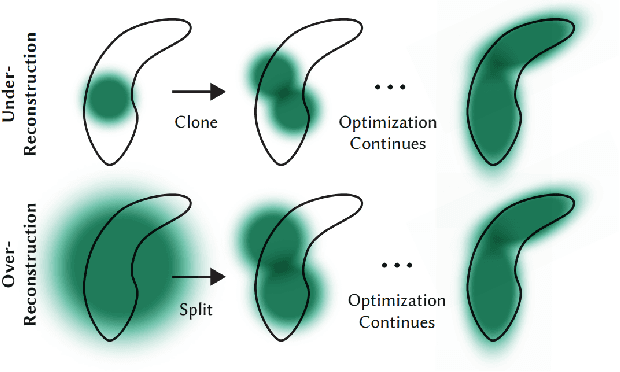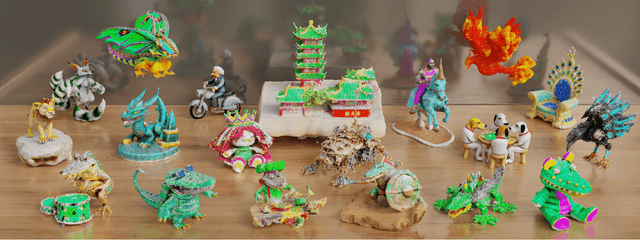Progress and Prospects in 3D Generative AI: A Technical Overview including 3D human
Paper and Code
Jan 05, 2024



While AI-generated text and 2D images continue to expand its territory, 3D generation has gradually emerged as a trend that cannot be ignored. Since the year 2023 an abundant amount of research papers has emerged in the domain of 3D generation. This growth encompasses not just the creation of 3D objects, but also the rapid development of 3D character and motion generation. Several key factors contribute to this progress. The enhanced fidelity in stable diffusion, coupled with control methods that ensure multi-view consistency, and realistic human models like SMPL-X, contribute synergistically to the production of 3D models with remarkable consistency and near-realistic appearances. The advancements in neural network-based 3D storing and rendering models, such as Neural Radiance Fields (NeRF) and 3D Gaussian Splatting (3DGS), have accelerated the efficiency and realism of neural rendered models. Furthermore, the multimodality capabilities of large language models have enabled language inputs to transcend into human motion outputs. This paper aims to provide a comprehensive overview and summary of the relevant papers published mostly during the latter half year of 2023. It will begin by discussing the AI generated object models in 3D, followed by the generated 3D human models, and finally, the generated 3D human motions, culminating in a conclusive summary and a vision for the future.
 Add to Chrome
Add to Chrome Add to Firefox
Add to Firefox Add to Edge
Add to Edge